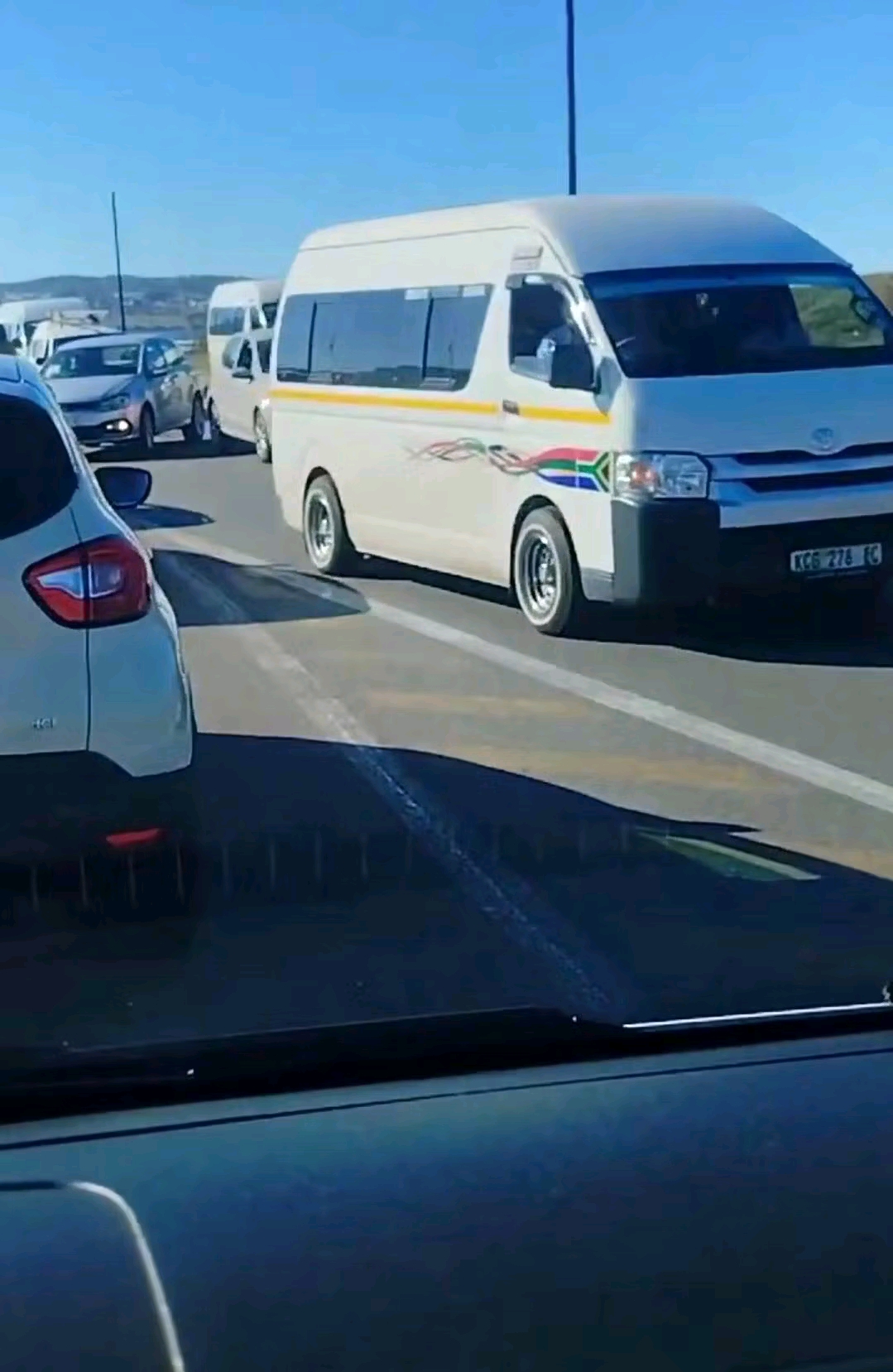
Tensions between South African taxi associations and private vehicle owners have once again surfaced, with disturbing reports circulating about alleged restrictions being imposed on motorists by members of the South African National Taxi Council (SANTACO). According to claims made by concerned community members, taxi drivers are reportedly warning that private car owners are not allowed to carry more than one passenger in their vehicles.
This alleged rule, which has no legal basis in South African law, has sparked outrage as it directly interferes with the freedom of movement for families, friends, and colleagues who rely on private transport. Critics say the supposed demand amounts to intimidation, as some taxi drivers are accused of threatening to damage, crash, or even set alight cars found carrying more than one passenger.
Families Affected
The reports suggest that the restrictions apply regardless of the relationship between the driver and passengers. Whether transporting children to school, giving family members a lift, or carpooling with colleagues, private motorists are said to be at risk of harassment if spotted by taxi drivers. This has understandably left parents deeply worried. Many rely on personal cars to ensure their children’s safety, particularly in areas where taxis are overcrowded or unsafe.

Parents are now asking: Why should my child be forced into a taxi when I have a safe, reliable car at home? For families who work hard to maintain their vehicles, this alleged intimidation feels like a direct violation of their rights and safety.
Monopoly Concerns
Taxi operators have long been a vital part of South Africa’s public transport system, carrying millions of commuters daily. However, the industry has often been accused of operating with a monopolistic mindset, resisting competition from buses, trains, and even private e-hailing services such as Uber and Bolt.
If the reported restrictions are true, they would mark yet another attempt by certain taxi associations to tighten their grip on the transportation sector. Essentially, the message being sent is that South Africans should rely solely on taxis, even for short, private trips. Critics argue that this approach is both unreasonable and dangerous, as it disregards citizens’ right to choose how they travel.

Public Outcry
Social media has become a space where frustrated motorists and passengers share their experiences. Some claim they have witnessed cars being stopped and harassed by groups of taxi drivers, while others express fear that such actions could escalate into violent confrontations. Civil rights organisations have also weighed in, calling on government to intervene before matters spiral out of control.
Community leaders stress that no group, regardless of its economic importance, should be allowed to dictate personal transport choices. “Families should not live in fear of violence simply because they decide to use their own cars,” one activist said.
Call for Government Action
Citizens are now demanding accountability. They argue that the Department of Transport and law enforcement agencies must urgently address these allegations and protect the rights of private car owners. Without firm intervention, many fear the growing hostility could lead to unnecessary conflict on South African roads.
For now, the situation remains tense. Families, parents, and ordinary motorists continue to call for their basic right to travel safely and freely without intimidation.




